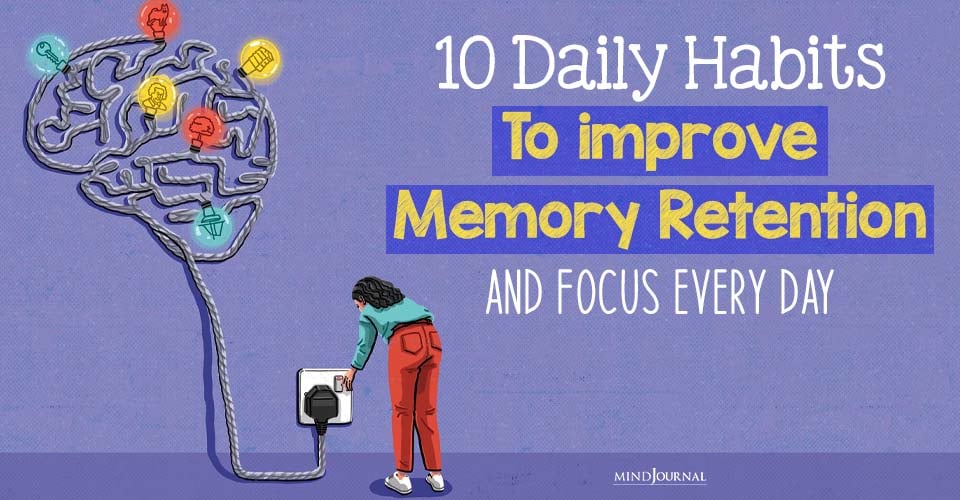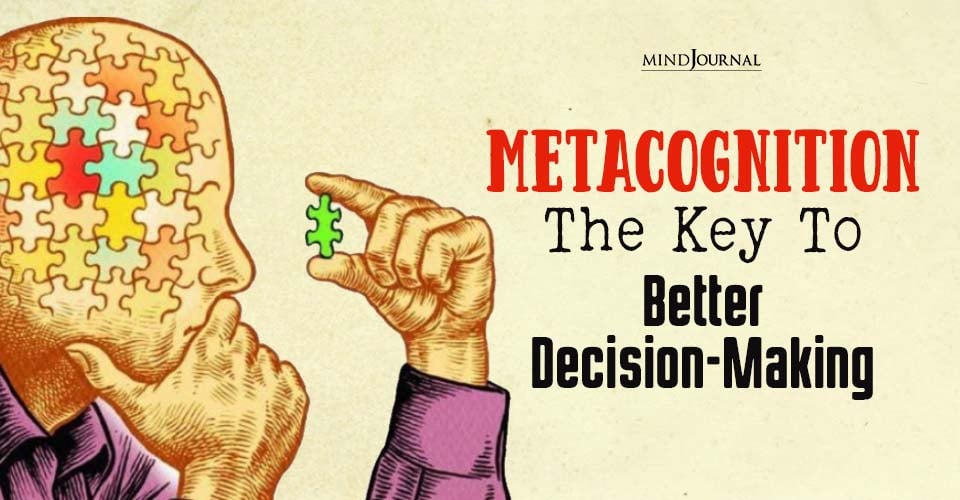Are you a bookworm? Or would you rather prefer reading tweets and social media updates? We all indulge in reading for various reasons and from various sources. While reading from a digital platform is easy in our chaotic lives, Reading good old printed books can have some great perks. Let’s take a look at some of the scientific benefits of reading.
A love for reading
The smell of old books can make a book lover dive deep into the pages and stay hooked and entertained for a long period of time. Reading can fill your mind with imagination and take you to worlds that you would never see or experience otherwise. It can make you think hard and feel emotions that you’ve never felt before. Such is the allure of reading.
But science has now discovered that there are several physical and mental health benefits of reading. Although you may prefer reading e-books or online, reading printed books can make you a lot happier and healthier.

Did you know that 83% of US adults read printed books along with e-books? Well, whether you love reading classic printed books or their digital versions, there is no denying the fact that reading is the key to self-development – mentally, emotionally, physically, and spiritually.
In fact, leisure reading can even be beneficial on a personal and professional level, according to a study.
Read: The Power of reading books, how it can influence you?
Scientific benefits of reading
If you are still wondering about making reading your hobby, then here are 8 science-backed reasons for reading more that will make you pick up a book right away:
1. Reading improves your brain connectivity
Recent research has confirmed that reading on a regular basis can actually help to strengthen your mind. A 2014 study has found that reading activates a network of circuits and sends signals to the brain. This complex network becomes better and stronger as our reading skills improve.
Another 2013 study that analyzed the influence of reading a thrilling novel on our brain, found that increasing areas in our brain become more active as tension increases in the story, explains writer Rebecca Joy Stanborough, MFA.
She adds “Brain scans showed that throughout the reading period and for days afterward, brain connectivity increased, especially in the somatosensory cortex, the part of the brain that responds to physical sensations like movement and pain.”

2. Reading improves your mental health
According to new research by Dr. Robert Freidland, people who read and engage in other mentally stimulating activities like chess are 2.5 times less likely to develop Alzheimer’s disease.
The study, published in the Proceedings of the National Academy of Sciences, found that reading can help elderly people prevent Alzheimer’s disease. Justin Brown, author and founder of Ideapod, explains “Studies have shown that staying mentally alert can slow the progress of (or possibly even prevent) Alzheimer’s and dementia.”
Read: How to Improve Mental Health?
In fact, the National Institute on Aging believes that reading can help the elderly to keep their minds active and engaged even in old age. According to a 2013 study by Rush University Medical Center, individuals who regularly engage in mentally challenging activities like reading are “less likely to develop the plaques, lesions, and tau-protein tangles found in the brains of people with dementia,” says Rebecca.
3. Reading reduces stress
One of the most fascinating benefits of reading is that it helps to reduce stress significantly. According to a 2009 study conducted by Mindlab International at the University of Sussex, reading for as little as 6 minutes can reduce your stress levels up to 68%. Research showed that silently reading for just six minutes can alleviate muscle tension and lower heart rate.
Lead researcher and cognitive neuropsychologist Dr, David Lewis explained “Losing yourself in a book is the ultimate relaxation. It really doesn’t matter what book you read, by losing yourself in a thoroughly engrossing book you can escape from the worries and stresses of the everyday world and spend a while exploring the domain of the author’s imagination.”
He added, “This is more than merely a distraction but an active engaging of the imagination as the words on the printed page stimulate your creativity and cause you to enter what is essentially an altered state of consciousness.”
Read: 11 Holistic Hacks To Reduce Stress And Anxiety
4. Reading helps to cope with depression
Book therapy or bibliotherapy can empower you to effectively deal with anxiety, depression, and grief. According to a 2017 study, book therapy can be a helpful treatment option for moderate depression.
The study found that bibliotherapy is “effective in the reduction of adults’ depressive symptoms in the long-term period, providing an affordable prompt treatment that could reduce further medications.”
The results of the study indicate that reading regularly as a part of book therapy “could play an important role in the treatment of a serious mental health issue.” This is certainly one of the most helpful benefits of reading.

“Reading fiction can allow you to temporarily escape your own world and become swept up in the imagined experiences of the characters. And nonfiction self-help books can teach you strategies that may help you manage symptoms” of depression, says Rebecca Joy Stanborough, MFA.
Read: How to Ask for Help With Depression: 8 Ways To Reach Out & Start Recovering
5. Reading helps you live longer
A study conducted in 2016 showed that reading books regularly can provide you a survival advantage over other people who read other content or are not used to reading books on a daily basis. The researchers stated “Book reading contributed to a survival advantage that was significantly greater than that observed for reading newspapers or magazines.”
The research discovered that people who read books for 30 minutes on average every day or finish a chapter per day, had a clear survival advantage over people who are not booking readers. The study paper added “Compared to non-book readers, book readers had a 4-month survival advantage at the point of 80% survival.
Book readers also experienced a 20% reduction in risk of mortality over the 12 years of follow-up compared to non-book readers.”
6. Reading helps you sleep better
A good night’s sleep is one of the benefits of reading. Reading before bedtime on a regular basis can certainly help you sleep better as it signals your brain that it’s time to relax and sleep, according to the experts at Mayo Clinic.
If you want to make reading a regular sleep routine, then it’s better to “choose a print book rather than reading on a screen since the light emitted by your device could keep you awake and lead to other unwanted health outcomes,” explains Rebecca.
Studies have also found that reading can also help children to sleep better. It has been observed that 44% of children who sleep close to a digital screen get 20 minutes less sleep due to its presence. This is where a book can be beneficial for you and your children.
Read: The Hidden Benefits of Reading Before Bed, According to Science

7. Reading makes you empathetic
Reading a good story and getting mentally involved in the life and times of a fictional character can help you relate to others. As you read about your favorite characters facing different circumstances and challenges, your ability to understand and empathize increases.
According to a 2013 Harvard study, individuals who regularly read fictional stories and explore stories with different characters tend to have an enhanced ability to identify and understand the beliefs and feelings of others. “Researchers call this ability the ‘theory of mind,’ a set of skills essential for building, navigating, and maintaining social relationships,” explains Rebecca Joy Stanborough, MFA.
Although you might not become empathetic immediately after reading a few pages of a book, studies reveal that people who read fiction books over a long period of time have an enhanced ability to empathize and a better theory of mind.
8. Reading boosts happiness
There are several health benefits of reading, but the greatest one of them is increased happiness and satisfaction in life. A recent survey of 1,500 readers across the UK found that over 76% of respondents claimed reading makes them feel good and improves their life.
The scientific analysis also found that people who read books on a daily basis are happier and more satisfied with life.
Sue Wilkinson, CEO of a UK charity The Reading Agency, explains that regular book readers “are on average more satisfied with life, happier, and more likely to feel that the things they do in life are worthwhile.”
Read: Reading Spiritual Books Helps to Lead a Positive and Happy Life
Apart from these, there are some other benefits of reading that you can reap once you start enjoying the pages of your favorite book:
- Reading helps to improve your general knowledge
- Reading helps to enhance your vocabulary
- Reading improves your writing skills
- Reading enhances your creative thinking skills
- Reading increases your focus & concentration
- Reading enhances your memory
- Reading improves your analytical thinking abilities
- Reading helps you become more social & better at conversations
- Reading entertains you and prevents boredom

Reading is important
In today’s tech-driven era, reading has become an underrated activity. However, perhaps this is why it has become crucial that we make reading a habit now more than ever.
“We are living in a society with the increasing availability of information… At the same time, the average length of our attention spans is decreasing. Reading is an activity you can engage in to buck this trend. You’ll improve your concentration spans and learn how to be more discerning in the face of so much information,” explains author and entrepreneur Justin Brown.
Reading helps to activate our minds and offers us an escape from the daily grind. This helps to refresh our minds and gain a new perspective on life. Rebecca Joy Stanborough, MFA, concludes “It’s never too late to begin taking advantage of the many physical and psychological benefits waiting for you in the pages of a good book.”
Now that you know about the benefits of reading, it’s time you pick up your favorite book, sit down and enjoy a good read. You will do yourself a favor.
Read: 7 Reasons why Reading is Meaningful for Children












Leave a Reply